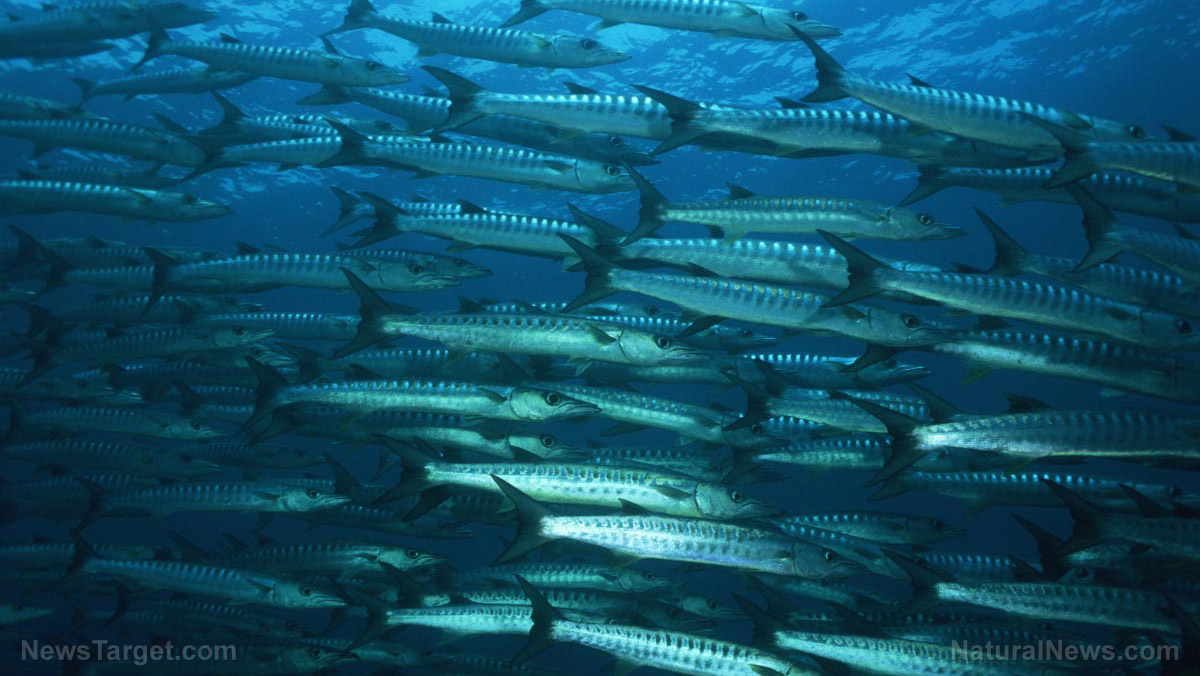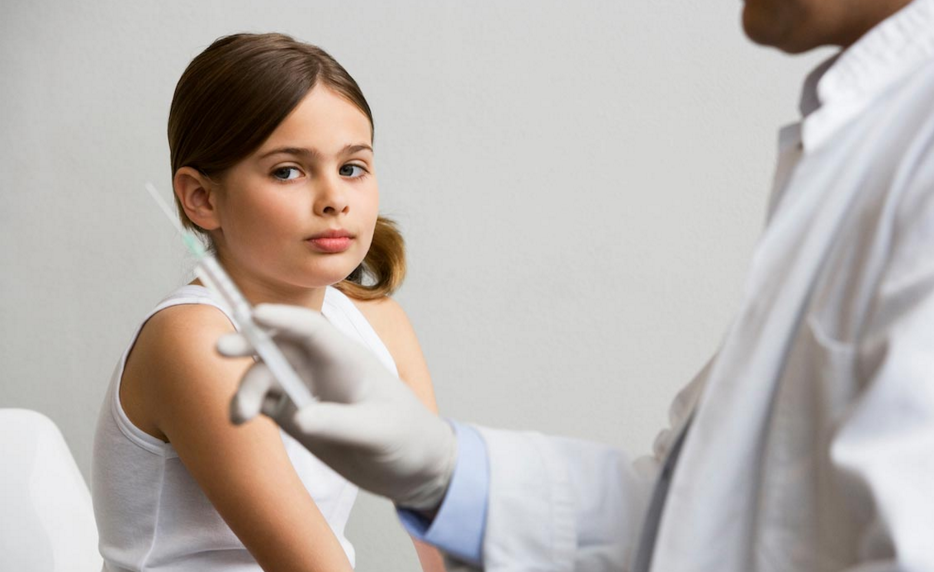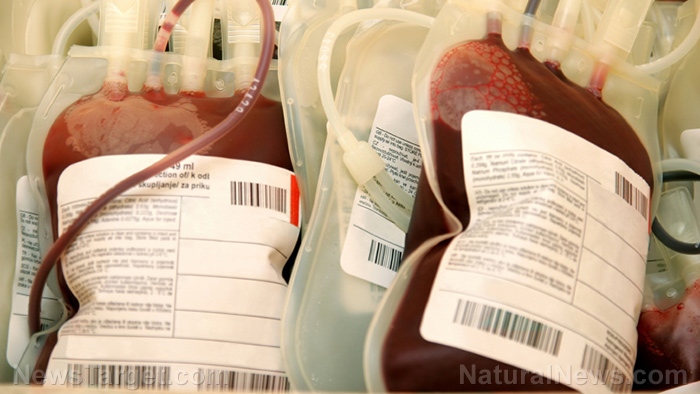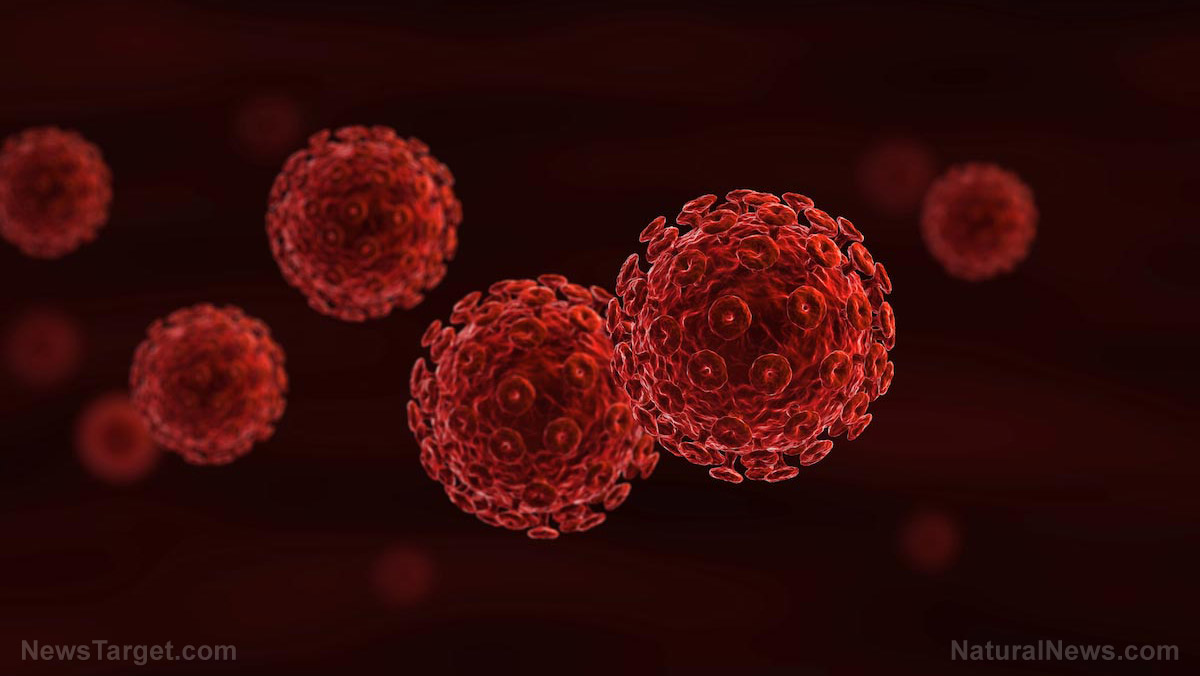Vaccines for farmed fish not effective at preventing disease
05/13/2018 / By Ralph Flores

Researchers have found that vaccines used in commercial fish farming do not fend off disease. The findings of the study, led by the University of Waterloo in Canada and the Pontifical Catholic University of Valparaiso and University of Valparaiso in Chile, were published in Scientific Reports.
- The researchers saw that fish who were given vaccines displayed more symptoms upon getting a disease. This leads to adverse health outcomes, even death – making it seem that they were never vaccinated at all.
- The team assessed whether the vaccine for the pathogen Piscirickettsia salmonis was effective. This was done by exposing both vaccinated and non-vaccinated Atlantic salmon to the sea louse Caligus rogercresseyi ex-situ.
- The researchers found a lower number of bacteria inside vaccinated fish; however, they displayed more signs of infection and were more prone to death than fish that did not receive a vaccine.
- The researchers posited that the ability of salmon to fend off a bacterial infection during another infection with sea lice had been significantly reduced.
- This decreased resistance was based on three sublethal indicators: growth, bacterial load, and clinical signs of the disease. According to the researchers, coinfection increased the susceptibility of vaccinated fish.
- The study draws attention to the changes needed in the way pharmaceutical companies design and test vaccines, given the difference between fish models and the current human model.
Researchers believe that understanding these elements will improve the welfare of farmed fish worldwide.
Find the full text of the study at this link. See more coverage of vaccine science at Vaccines.news.
Journal Reference:
Figueroa C, Bustos P, Torrealba D, Dixon B, Soto C, Conejeros P, Gallardo JA. COINFECTION TAKES ITS TOLL: SEA LICE OVERRIDE THE PROTECTIVE EFFECTS OF VACCINATION AGAINST A BACTERIAL PATHOGEN IN ATLANTIC SALMON. Scientific Reports. 2017;7(1). DOI: 10.1038/s41598-017-18180-6
Tagged Under: Atlantic salmon, bacterial infection, bacterial pathogen, Caligus rogercresseyi, coinfection, Piscirickettsia salmonis, sea louse, vaccinated fish, vaccines




















